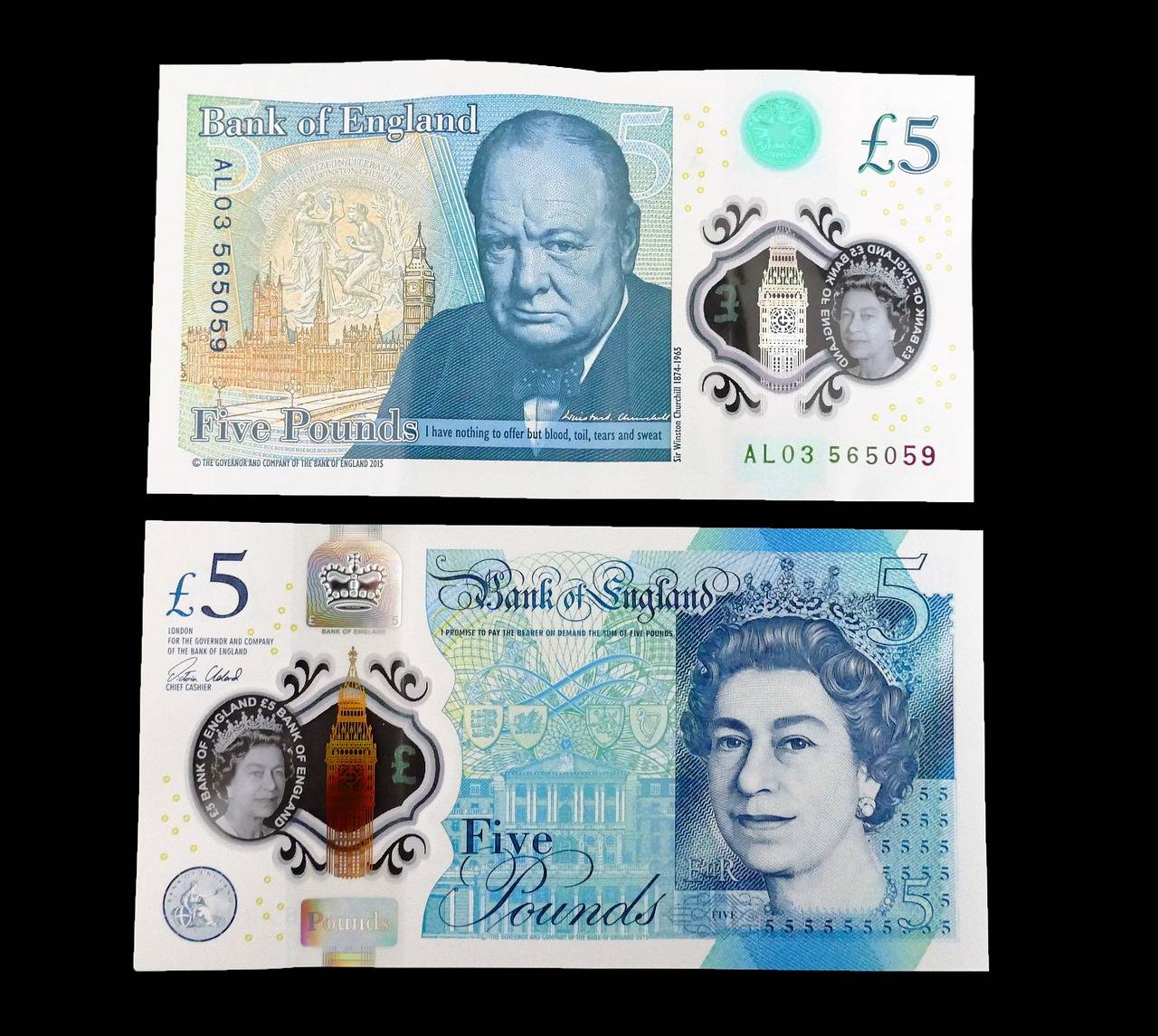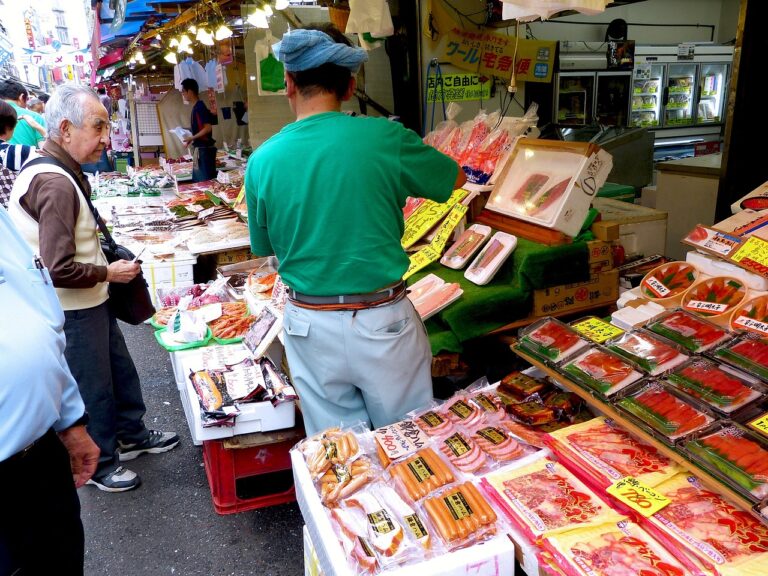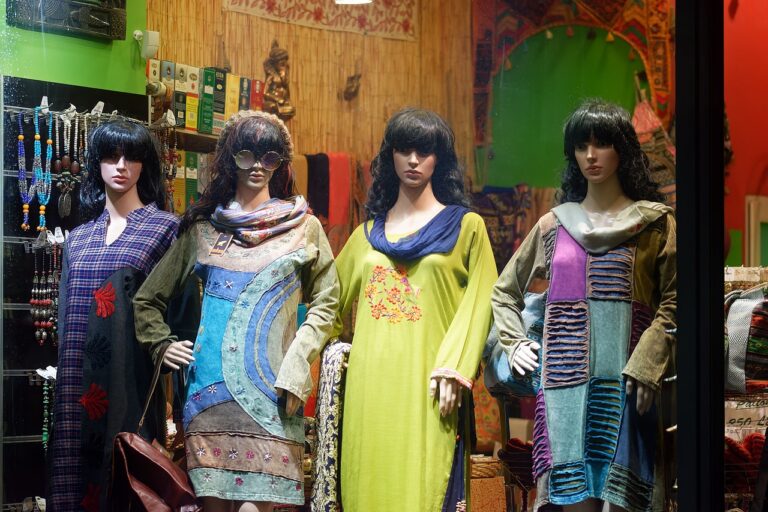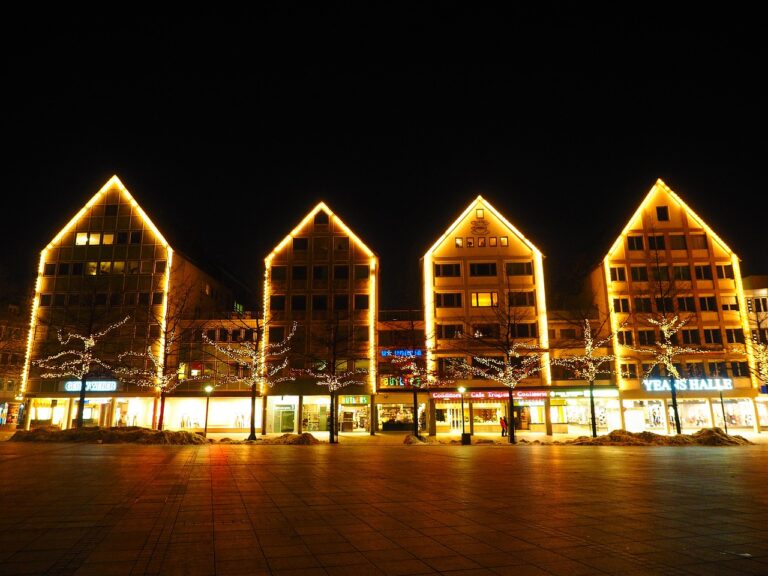The Influence of Cultural Festivals on Shopping Habits and Spending
Cultural festivals have been a significant part of human societies for centuries. These celebrations often originate from traditional rituals and ceremonies that are passed down through generations, evolving over time to reflect changing cultural landscapes and societal values. From ancient harvest festivals to modern-day music and arts events, cultural festivals serve as a bridge between the past and the present, offering a window into the rich tapestry of human expression and creativity.
Throughout history, cultural festivals have played a pivotal role in fostering community cohesion and cultural identity. These events serve as platforms for sharing heritage, showcasing artistic talents, and promoting unity among diverse groups of people. By bringing individuals together to celebrate shared traditions and values, cultural festivals have historically strengthened social bonds and reinforced the collective identity of communities around the world.
The Impact of Cultural Festivals on Local Economies
Cultural festivals have a significant impact on local economies, stimulating economic growth and creating job opportunities. These events attract a large number of visitors, leading to an increase in revenue for local businesses such as hotels, restaurants, and shops. Additionally, the influx of tourists during cultural festivals can boost sales for vendors selling souvenirs and crafts, contributing to the overall economic prosperity of the community.
Moreover, cultural festivals play a vital role in promoting the unique heritage and traditions of a region, attracting both domestic and international tourists. As a result, these events help to enhance the visibility and reputation of a destination, ultimately increasing tourism revenue. Local governments often invest in the organization of cultural festivals as a strategic tool to drive economic development and position their region as a desirable tourist destination.
The Connection Between Cultural Festivals and Consumer Behavior
Cultural festivals have a profound influence on consumer behavior, shaping preferences and purchasing decisions. These events provide a platform for showcasing unique products, handmade crafts, and traditional cuisine, enticing attendees to explore and engage with diverse offerings. The vibrant atmosphere of cultural festivals not only fosters a sense of community and celebration but also triggers a sense of curiosity and interest among consumers, prompting them to participate actively in the marketplace.
Moreover, cultural festivals create a sense of urgency and exclusivity around certain products or experiences, leading to increased demand and impulse buying behavior. The limited-time nature of these events, coupled with the emphasis on authenticity and tradition, often results in consumers feeling compelled to make on-the-spot purchases to commemorate the festival experience. Additionally, the interactive nature of cultural festivals encourages consumers to interact directly with vendors and artisans, fostering a sense of connection and emotional attachment to the products being offered.





